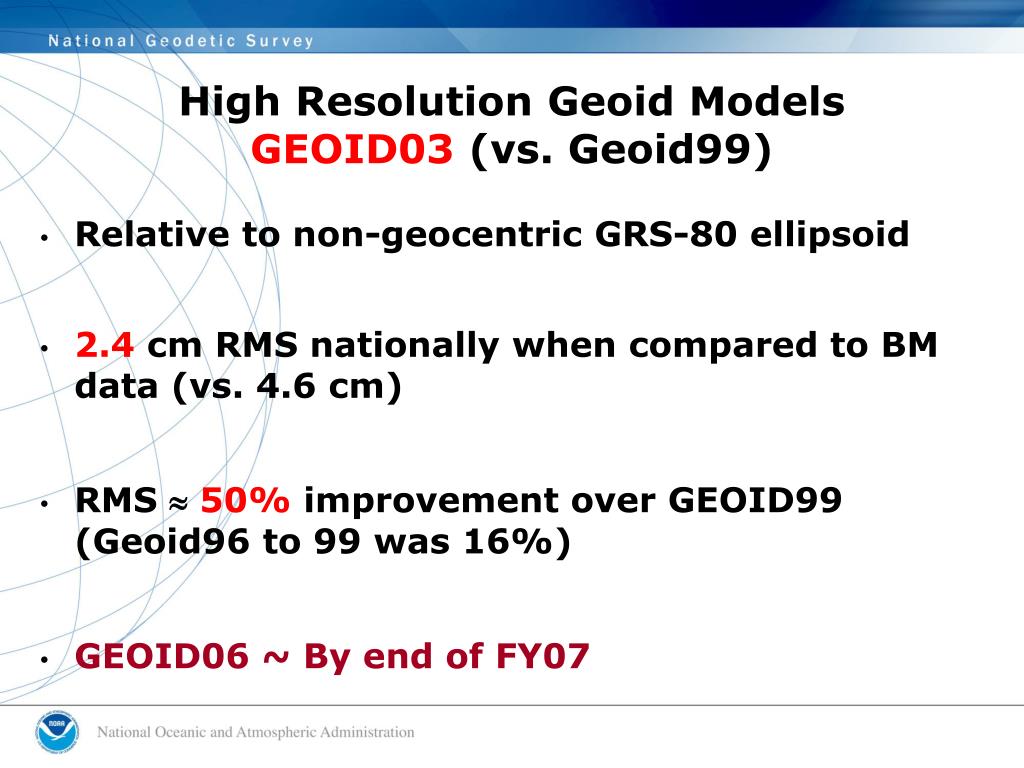
In common usage, elevations are often cited in height above sea level, although what "sea level" actually means is a more complex issue than might at first be thought: the height of the sea surface at any one place and time is a result of numerous effects, including waves, wind and currents, atmospheric pressure, tides, topography, and even differences in the strength of gravity due to the presence of mountains etc.įor the purpose of measuring the height of objects on land, the usual datum used is mean sea level (MSL). Prominent vertical datums in use by professionals include the National Geodetic Vertical Datum of 1929 and the North American Vertical Datum of 1988.

Tides, based on sea level when specific conditions occur, such as NOAA's National Geodetic Survey-produced Tidal Datums.

Ĭommonly adopted criteria for a vertical datum include the following approaches: In planetary science, vertical datums are also known as zero-elevation surface or zero-level reference. In geodesy, surveying, hydrography and navigation, vertical datum or altimetric datum, is a reference coordinate surface used for vertical positions, such as the elevations of Earth-bound features ( terrain, bathymetry, water level, and built structures) and altitudes of satellite orbits and in aviation.


 0 kommentar(er)
0 kommentar(er)
